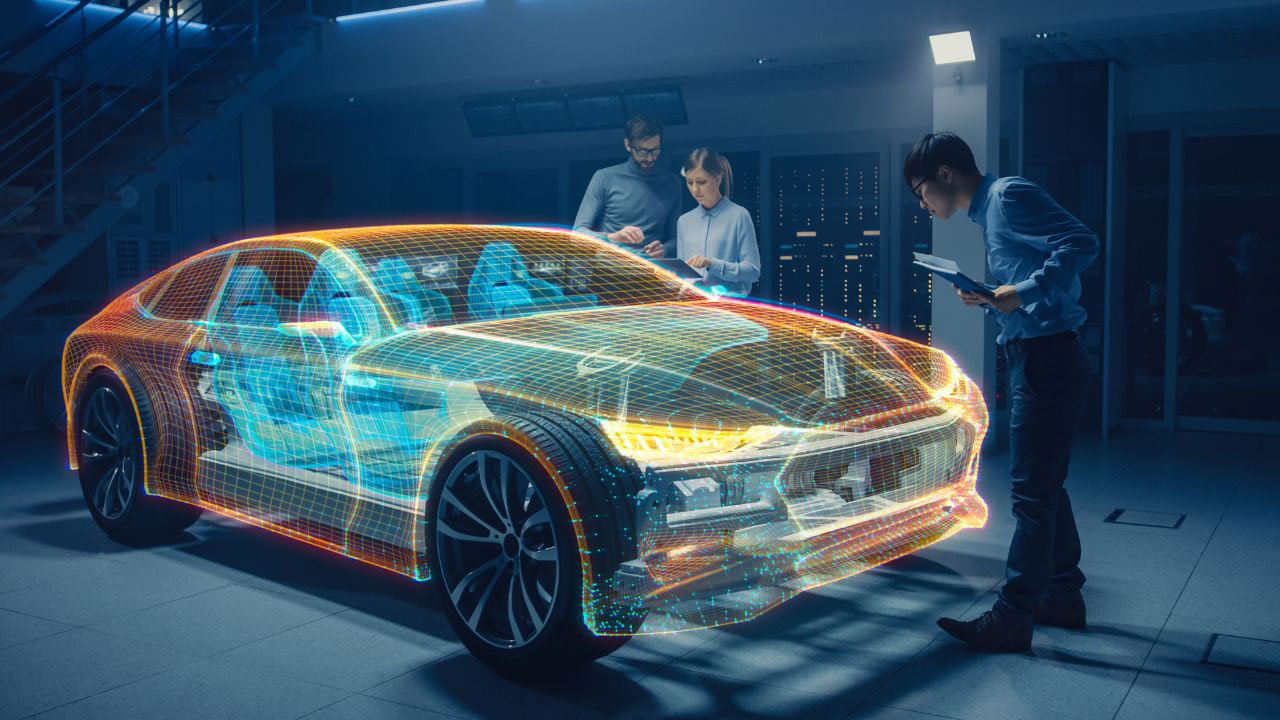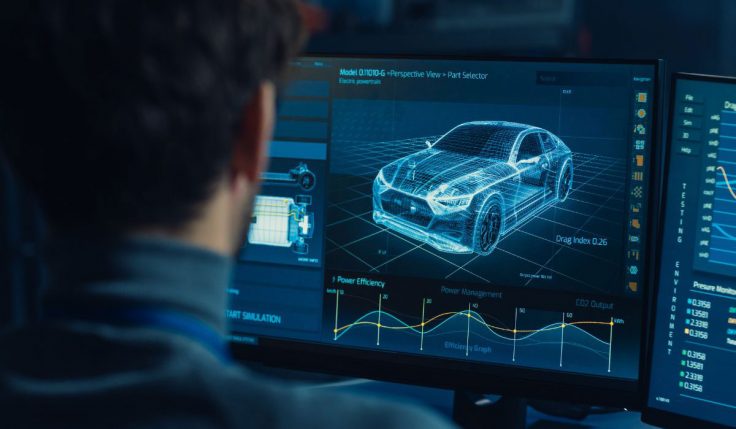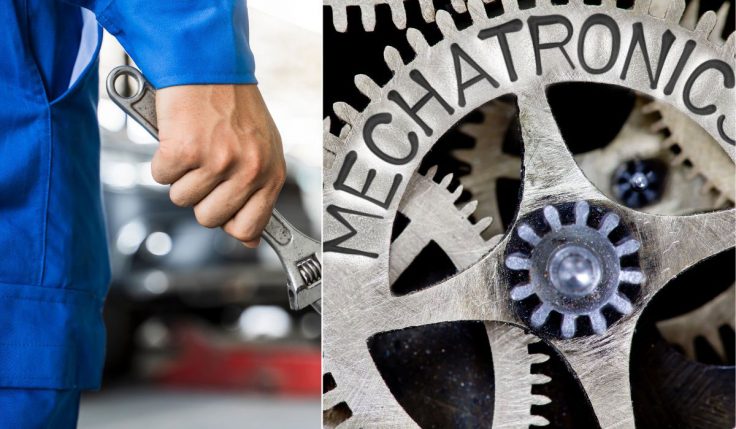The increasing demand for eco-friendly modes of transport is bringing about a revolutionary shift in the automotive industry. Electric vehicles (EVs), which have the potential to reduce emissions and decrease our reliance on fossil fuels, are leading this revolution. It is not possible to overemphasize the role of B.Tech Mechanical Engineering in this revolution because it provides the basic foundation for understanding the complexities of EV performance, production, and design.
The Role of B.Tech Mechanical Engineering
Students who get a B.Tech degree in mechanical engineering are prepared to design, develop, and optimize mechanical systems. Mechanical engineers are essential to several facets of EV development as the automotive sector transitions to electrification, including:
Battery development and management: The mechanical engineers ensure that the produced battery systems are efficient, lightweight, and have adequate storage capacity to power cars.
Thermal Management: In electric vehicles, controlling heat dissipation is essential. To maintain ideal operating temperatures and improve performance and durability, engineers create cooling systems for motors and batteries.
Chassis and Structural Design: It falls into the mechanical engineer’s responsibility to design lightweight structures, that is to say, able to support an electric vehicle’s components while keeping performance and safety conditions.
The Integration of Software Engineering
As electric vehicles become more technologically sophisticated, the integration of software engineering courses into mechanical engineering programs is becoming increasingly important. Many B.Tech Mechanical programs now incorporate software engineering principles, helping students understand:
Control Systems: Software engineering plays a vital role in developing advanced control systems for EVs, enabling features such as regenerative braking and energy management.
Embedded Systems: Engineers must work with embedded systems to facilitate communication between various vehicle components, ensuring smooth operation and enhanced user experience.
Data Analysis: Mechanical engineers increasingly rely on data analytics and simulation software to optimize designs and predict performance outcomes, further enhancing engineering capabilities.
Preparing for the Future
The convergence of mechanical engineering and software technology prepares graduates for exciting careers in the booming electric vehicle sector. The ongoing evolution of EVs requires skilled professionals who can innovate and adapt to new technologies.
Career Opportunities
Graduates with a B.Tech in Mechanical Engineering can find opportunities in various domains related to electric vehicles, such as:
- Electric Vehicle Design and Development
- Battery Manufacturing
- Automotive Research and Development
- Thermal Engineering
- Regulatory Compliance and Testing
- Research and Development Engineer
- Manufacturing Engineer focused on EV components
- Quality Assurance Specialist for EV technologies
In summary, the development of electric vehicles signifies a substantial move towards environmentally friendly transportation and is not merely a passing fad. To fully capitalize on this shift, students must earn a B.Tech degree in mechanical engineering, which equips them with the abilities and information required to make valuable contributions to this fascinating subject. Aspiring engineers can actively contribute to the development of transportation by incorporating software engineering approaches while upholding a solid foundation in mechanical fundamentals. Mechanical engineers are at the forefront of the exciting shift in the automotive industry toward a cleaner, greener future.
Powering the Evolution of Electric Vehicles with a B.E. in Mechanical Engineering at Chitkara University
Four-year Bachelor of Engineering (B.E.) in Mechanical Engineering from Chitkara University prepares the students for careers in fast-emerging electric vehicle (EV) industry. With specialization in technology behind the revolution in electric mobility, this in-depth program exposes the students to a deep foundation in the basics of mechanical engineering. Under this program, students will be equipped with fundamental skills required to tackle today’s engineering problems, particularly those related to EV design, battery systems, and energy efficiency, with particular focus on sustainability.
Also, read this blog post: Exploring the Frontiers of Mechanical Engineering
A significant part of the program consists of internships, which are equivalent to six months to one year of industrial training with top car manufacturers with special focus on electric vehicle development. The students are given the ability to comprehend how they learn in terms of real-life application by virtue of this experiential exposure, making meaningful interface with the industry possible. Students will be taught topics like computer-aided design (CAD), battery-related thermodynamics, and electric vehicle dynamics through a combination of classroom teaching and project work.
Students graduating from this program will be ready for various positions in the growing electric vehicle industry, including battery systems engineer and electric vehicle design engineer. There is a greater need than ever before for qualified personnel as the automobile industry moves more towards electric mobility. Students pursuing a degree at Chitkara University’s B.E. mechanical engineering program can take themselves to lead this transition and help shape a sustainable future.






